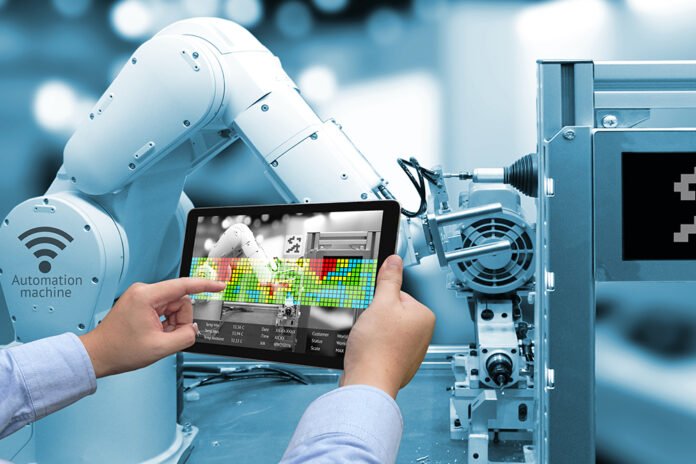People have been talking about robots completely replacing human beings in the future in the United States but a Japanese manufacturer based in Hiroshima is already operating a huge denim factory operated by robots.
The factory named Kaihara Denim has a domestic market share of 50 percent. The size of Kaihara Denim can be judged by the fact that every second pair of jeans sold and worn in Japan is made from a denim fabric made by the mill. The company operates several denim units.
Kaihara manufactures denim and selvage denim fabrics that are surprisingly cost-competitive for goods made in Japan. Its low prices have made Kaihara one of Uniqlo’s global partners. Unilqo apparel is sold at incredibly tempting prices. Kaihara’s fabrics are also chosen by many premium denim brands across the world, including Nudie Jeans and Edwin.
The company began manufacturing denim fabrics in the 1960s. The fully integrated mill covers all operations from spinning to finishing. It sources its cotton from the United States, Australia, and Brazil. It sells denim fabrics to more than 30 countries produced in four different plants it operates in Japan.
The company was established in 1893 to produce fine fabrics and began manufacturing denim fabrics in the 1960s. The fully integrated mill covers all operations from spinning to finishing. It sources its cotton from the United States, Australia, and Brazil. Today the company sells its denim fabrics to more than 30 countries. These are made in one of the four different plants it operates in Japan.
In its most updated unit, only six people manage the robots that manufacture denim fabrics in the hundreds of thousands of yards per month. The factory is huge, and the stock of denim fabrics in the warehouse is more than massive.
Those that have a chance to visit the factory observed that the floor was clean and shiny, nicely painted. No dust, no waste, no sign of any work in progress. No, no one was around. Bright lights, spick and span cleanliness. Automated vehicles were driving around with orange flashing lights.
The smaller vehicles would transport bobbins of cotton yarn, the heavier ones bolts of fabrics. Robots transport cotton bobbins to the spinning unit and install them on the machine while other vehicles could be seen transporting huge rolls of indigo warps. Big robot arms install these directly on the rapier weaving machines.
There was no noise on the manufacturing floor, it felt soft and nearly quiet, all in perfect harmony. The six engineers could be seen walking discreetly around the units, checking the robots to make sure everything was going smoothly.
This is the future. This is the future of denim.



